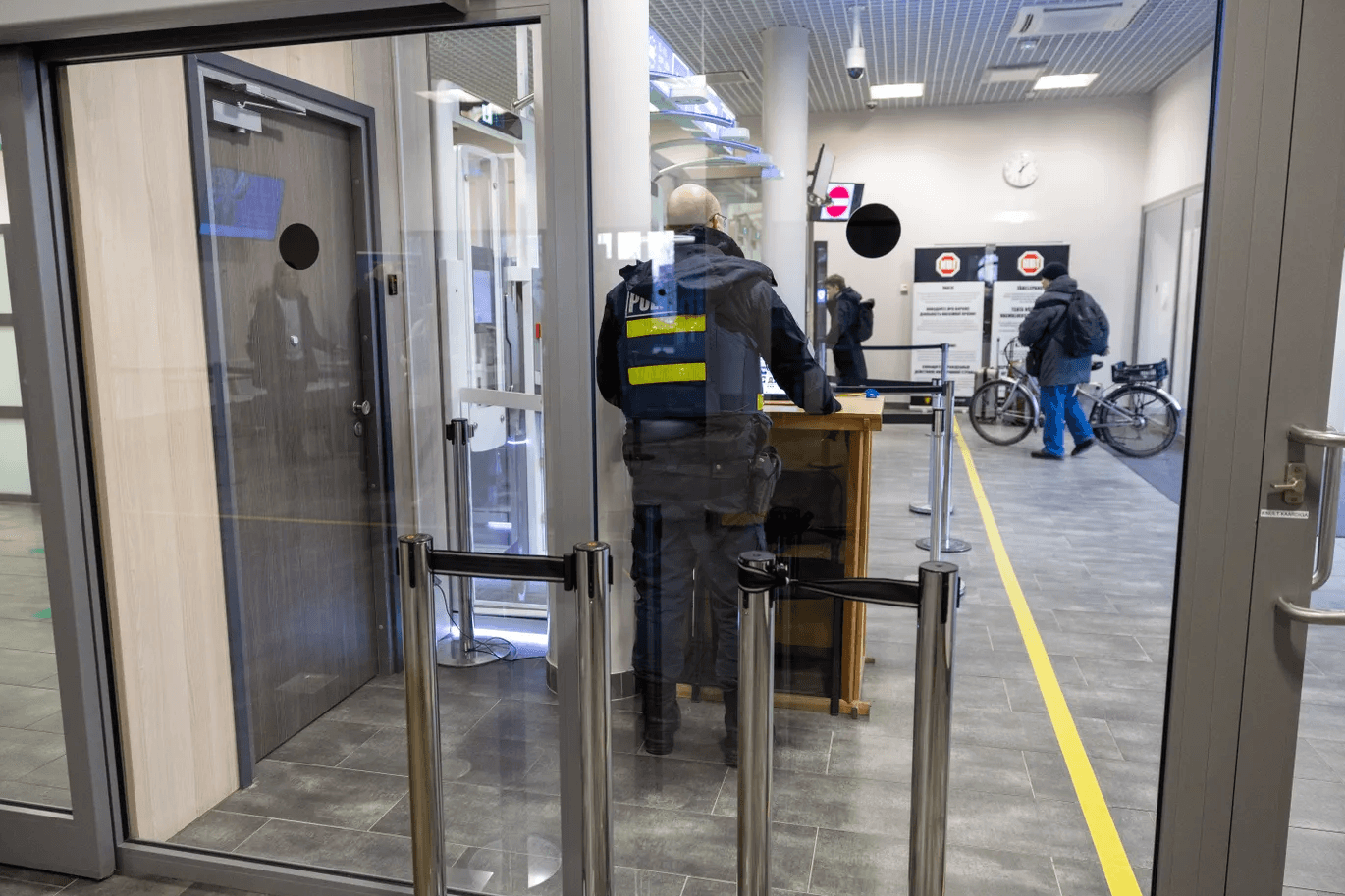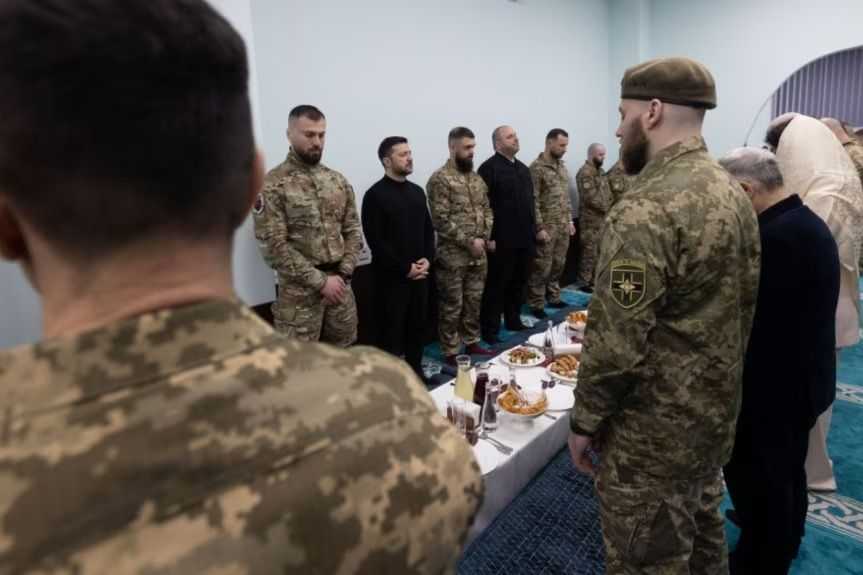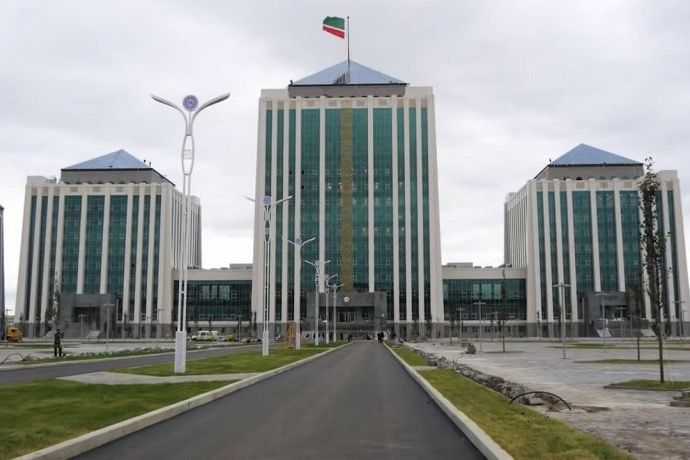
A 64-year-old woman from Chechnya has accused Russian security forces of abducting and torturing her for criticising the war in Ukraine and attempting to assist relatives arrested for anti-war statements.
Maryat Batalova, whose name has been changed for security reasons, told the Polish independent media outlet Vot Tak that she had spoken out about the war during a funeral at a neighbour’s house for a Chechen man who had been killed in the full-scale war in Ukraine. The man had reportedly been missing for some time, and later, authorities refused to return his body to his family.
‘Why do you allow them to be sent to war? And how are your sons fighting in Ukraine any better than the Russian soldiers who came to kill us during the two [Chechen] wars?’, she allegedly said publicly.
Several days later, she said she was abducted by members of the security forces and taken to an undisclosed location, where she was beaten, strangled, and assaulted with a soldering iron and electric shocks.
‘After the beatings, they moved to psychological pressure. First, they threatened to force her onto a bottle. Then they threatened to send her nephew, who was soon to turn 18, to the war, and to forcibly marry off her underage nieces. Finally, they accused Batalova of discrediting the Russian army’, Vot Tak reported.
According to Batalova, the officers demanded she confess to spreading anti-war materials and to assisting relatives detained for anti-war remarks. Batalova claims she was tortured for several days before being released, with threats made against her should she contact law enforcement authorities.
It later emerged that her relatives had paid a ‘ransom’ of ₽350,000 ($4,200) for her release.
Fearing for her life, Batalova reportedly fled Russia. She sought help from acquaintances who assisted her in obtaining forged European documents. With these documents, she attempted to cross into Estonia in order to reach Norway, where her son resides. However, she was detained at the border by Estonian border guards.
Batalova then reportedly applied for asylum in Estonia, citing the threat to her life and persecution in Chechnya. However, the Estonian authorities denied her asylum request, considering her story unsubstantiated and lacking credibility. In the court decision, it was stated that the evidence she had provided did not confirm the facts of persecution or threats to her life.
Following the asylum refusal, Batalova was reportedly placed in a migrant detention centre in Estonia. Her lawyer filed an appeal against the court's decision, but this too was rejected. Batalova is currently awaiting deportation to a third country with thich Russia has a visa-free agreement with. According to her lawyer, returning to Chechnya would pose a serious threat to her life and health.
There have been previous cases in which Chechens or others from the North Caucasus have been deported back to Russia and then were arrested or even ended up dead.
In February 2022, a 19-year-old Chechen, Daud Muradov, was deported from France. He later died in a Russian prison, with his relatives alleging he had been poisoned.
Amnesty International has called on European countries to halt the deportation of North Caucasus nationals back to Russia, where they face the risk of torture and other forms of ill-treatment.











